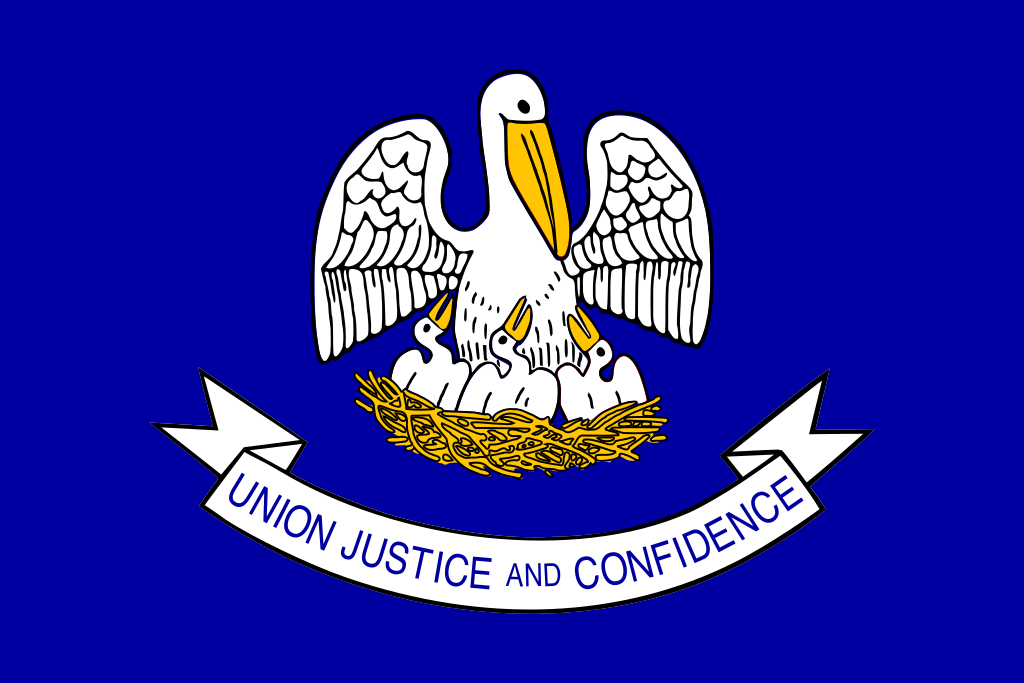The Louisiana legislature adjourned a special redistricting session on June 18 without approving revised congressional district boundaries. Governor John Bel Edwards (D) had called the special session on June 7 after the United States District Court for the Middle District of Louisiana struck down the state's congressional district map and enjoined the state from using the districts for the 2022 elections. The special session began on June 15 and was scheduled to end on June 20.
After the session adjourned, State Sen. Rick Ward (R) said, "The problem I've run into is that we can't find anything collectively that can get us to 20 votes. It's a difficult task, one quite frankly that I think the courts will have to decide." District Court Justice Shelly Dick, who authored the decision overturning the map, had previously set a hearing to review proposed redistricting plans on June 29. The judge's original order said that the court would enact a remedial congressional district plan if the legislature did not do so by June 20.
The U. S. Court of Appeals for the Fifth Circuit had issued an administrative stay of the district court's ruling on June 9 pending further proceedings and vacated that stay on June 12.
On June 17, Louisiana Secretary of State Kyle Ardoin (R) and Attorney General Jeff Landry (R) asked the Supreme Court of the United States to stay the federal district court's decision overturning the congressional map pending appeal and petitioned the court to hear the case. The plaintiff's appeal said, "If Section 2 [of the Voting Rights Act] does not require creating a gerrymandered second majority-Black district, Louisiana’s entire electorate suffers an irreversible Fourteenth Amendment violation when they next cast their ballots for their congressional representatives...Given the risk to the public that would arise without a stay, entering one far outweighs any burden Plaintiffs may claim."
Louisiana originally enacted congressional district boundaries on March 30 when the state legislature overrode Gov. Edwards’ veto of legislation establishing the new districts. On March 9, Gov. Edwards vetoed the congressional district map that the legislature had passed on February 18. The state Senate voted to override the governor's veto 27-11, with all ‘yes’ votes from Republicans and all ‘no’ votes from Democrats. The state House of Representatives overrode Gov. Edwards’ veto 72-32 with 68 Republicans, three independents, and one Democrat voting in favor and all votes against by Democrats.
Additional reading:



